Dear Friends, I wrote this letter and new song just before hurricane Helene took so much of Appalachia and Florida with her. Mawmaw and my family are ok. But the mountains and valleys of my childhood are under water, without power, and many people are now homeless having lost everything. Appalachian Voices has a comprehensive state by state list of people helping if you can help or need help.
When my great-grandmother was a girl living in Whitewood, Virginia, along the Dismal River, a flood came and carried away their barrels of chicken feathers they’d saved to make pillows and mattresses. The flood carried their clothes on the line away because it came so fast. This same community flooded in 2022 and whole houses were literally carried away. Helene not only took houses, but major highways.
My song speaks about the fires and the floods. My family have experienced both. When I sing these things, I sing of the days behind and the days ahead and, in this song, for the woman who knew that stitch by stitch she could make something whole again.
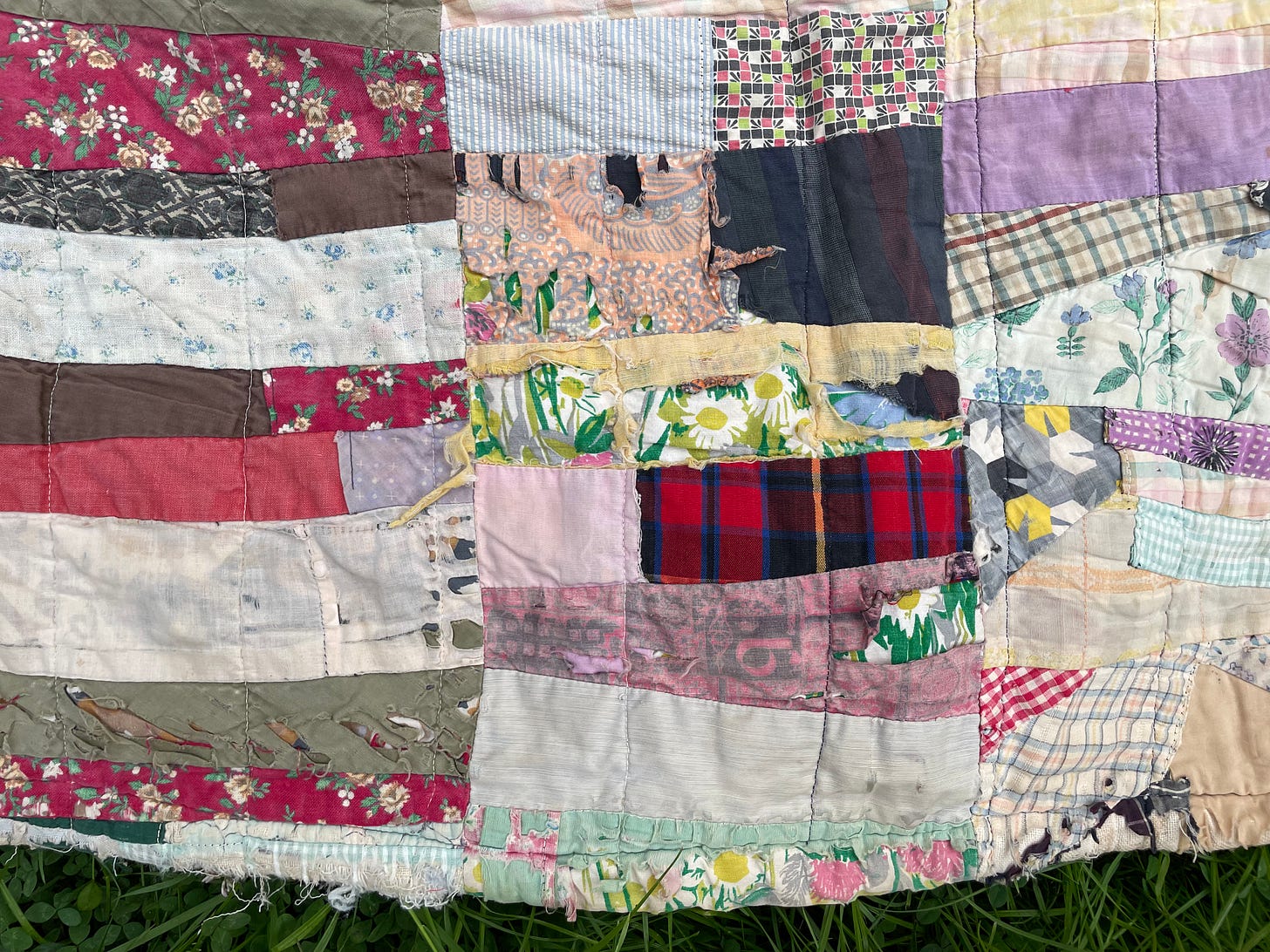
The story behind my new song “The Power in the Blood.”1
In the summer, we had three bowls: one for the beans Mawmaw had picked from her garden, one for the strings, and one for the beans to cook or can. We sat on the deck or the front walk — wherever the shade was. Mawmaw showed me how to take the pointy end of the bean, snap it, pull the string attached to it down the spine of the bean to the other end and pull it away. Then we snapped the bean in half and put it in the good bowl. Most of the beans would be canned. I always thought it was curious that “canning” didn’t involve cans at all, but big blue or clear glass Mason jars with gold lids. The already hot kitchen would be sweltering once the pressure cooker and the canning apparatus was spread across every surface. The beans would be laid up for winter in the smoke house.
Mawmaw no longer had seven children to raise, but she had all of her grandchildren and great-grandchildren to consider. In winter, we would emerge from the smoke house victorious with jars of beans knowing that we held summer in our hands and we were going to eat it.
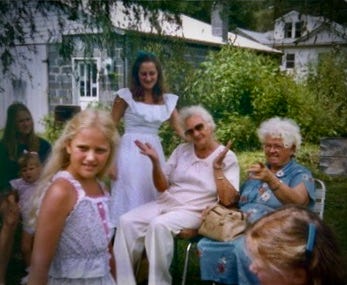
Looking back on my childhood summers with my grandmothers and my great-grandmother in the Appalachian mountains of Southwest Virginia, I couldn’t ever figure out why I hadn’t seen my great-grandmother Narcie quilting. She was a prolific saver of scraps and quilted in an impetuous and headlong way. She wasn’t one of the quilters we imagine from old photographs who measured their seams by their straightness or their stitches by their closeness. She was wildly in love with color and quantity.
Mawmaw once gave me a spider web quilt that she and her friend Elsie brown made from all of their old polyester house dresses. I took it home and later hung it as my backdrop for several concerts. Once when I was taking it down after a show, I felt something hard and sharp in the corner of the quilt, so I unpicked a few stitches of binding. What I found was a pile of about thirty stick pins which she’d accidentally sewn into the quilt after removing them from the binding. In my mind I could see her placing the pins to the side in that little pile and then taking a phone call or answering the door, realizing that it was time for Bible study or time for her “story” — Days of Our Lives. When she came back to the quilt, she started sewing up binding where she left off, but she forgot about the pins and they went right inside the quilt.
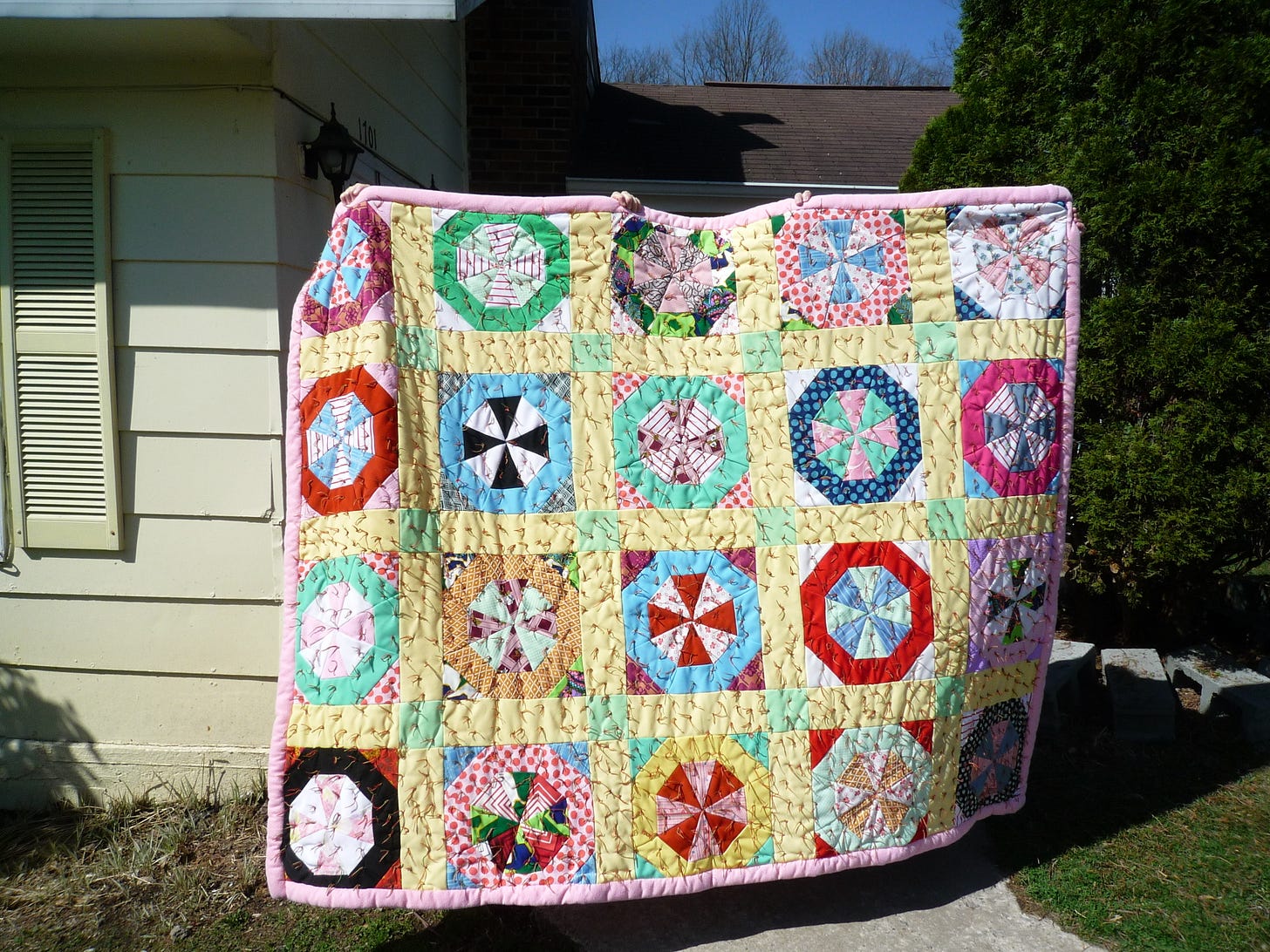
Why didn’t I ever see Mawmaw making these quilts? I thought about this and realized that I spent the summer with Mawmaw. And the summer was for her garden. When I say garden, I really mean a small farm – two steep hillsides covered with corn, beans, tomatoes, cucumbers, squash, zucchini, onions, potatoes, okra, and anything else she had a mind to plant. This garden fed her family through the depression and it was her life’s work. When Pawpaw Avery went down in the mine, Mawmaw worked the garden. In the winter, when he went down in the mine, she quilted and mended. Always cooking and talking no matter the season.
I ate so much squash and zucchini from Mawmaw’s garden in the summers that I foundered on it. I can’t even approach a squash now. But somehow, I still long for her cucumbers and pickles. She made pickles, she made jam, and back in the day, she cured meat, too. There was always something to do around food, washing clothes, and keeping warm. And it didn’t matter that when I was a kid she no longer needed that garden to survive. To grow food was her work and she kept at it well into her nineties.
I only ever saw Mawmaw ride a horse once and I worried about her way up in the air on that animal. Well, I didn’t need to. She grew up riding horses and even delivered milk up and down Whitewood and Jewell Valley on one when she was a teenager. These are the secret lives of our grandmothers that they never mention to us.2
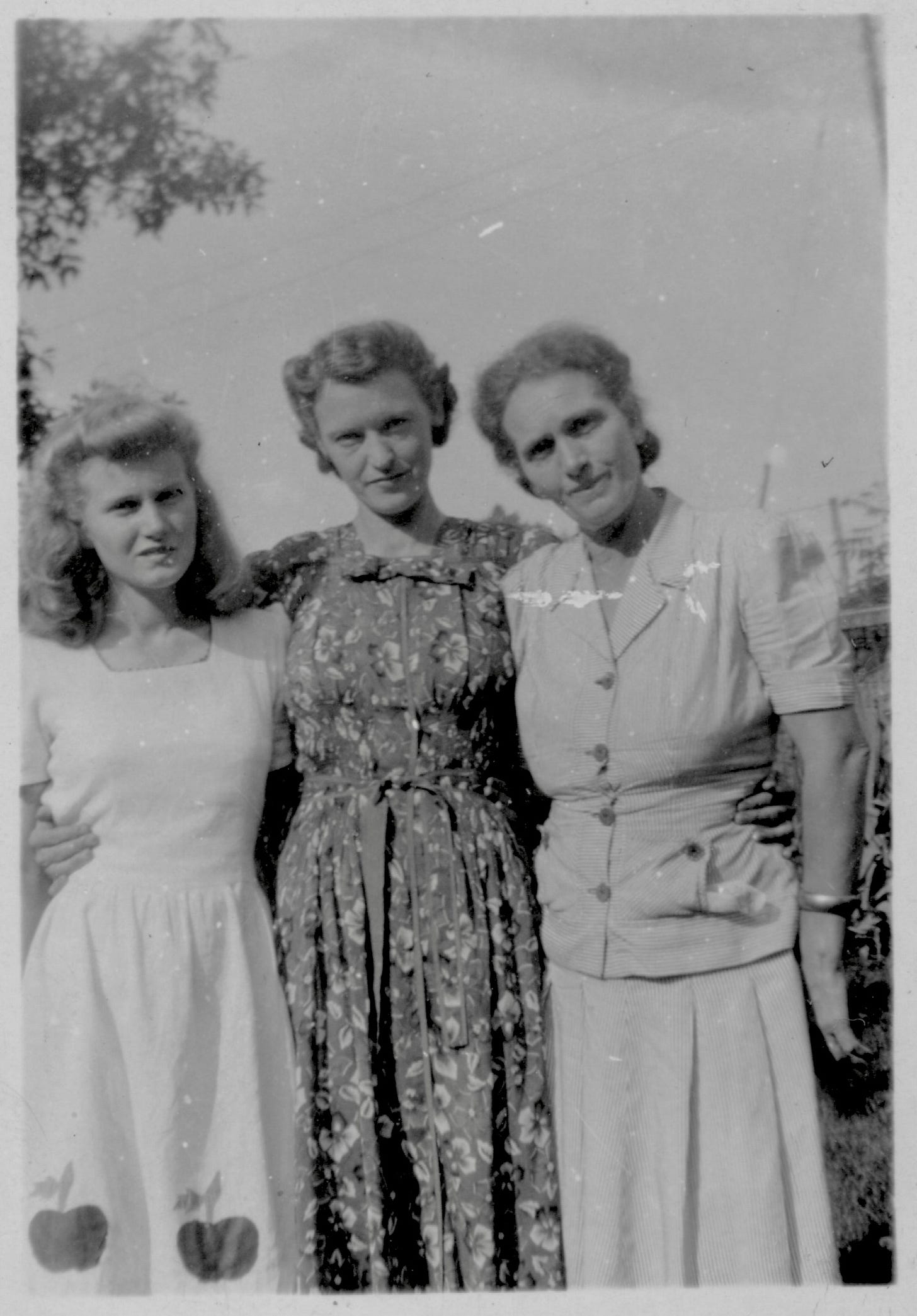
I think when we’re growing up, we forget that the adults around us are having their lives, too. They might be disappointed or angry, sad or really happy. They have their work to do. They have things they love, people they love. But when you’re a kid, they merge all into one group sometimes. People who grant permission or withhold it. People who decide whether you’ll go to the swimming pool that day or whether you’ll have to eat your squash. You love them, but their world is veiled by your own selfishness and childhood anxieties and obsessions. It was that way for me a lot of the time.3
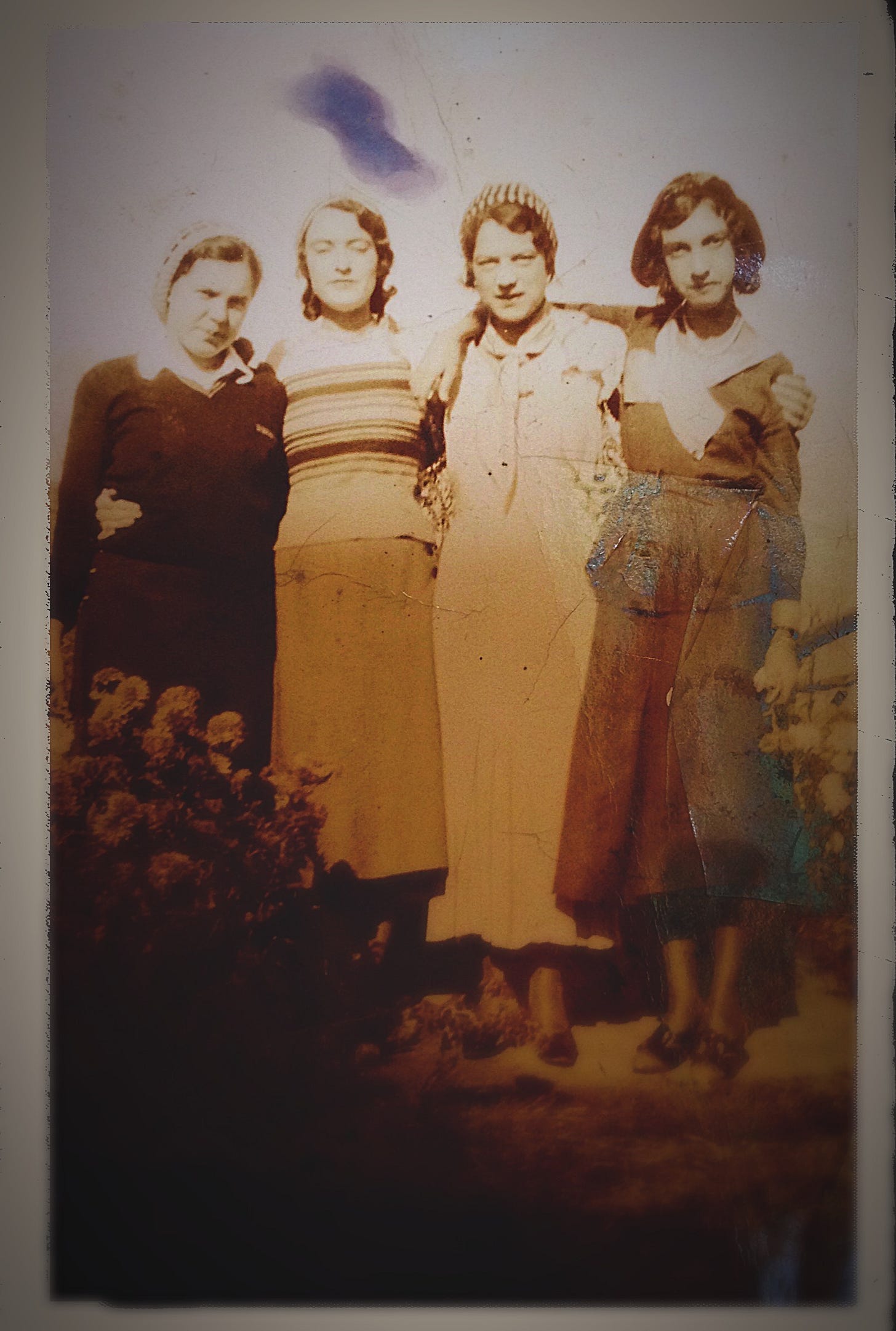
I’m glad that as I got older, I began to see grown-ups as separate people with their own hopes and frustrations and, most importantly, their own pasts where they had a farm, quilted from necessity, and rode horses.
Mawmaw’s quilts were about seeing what she could make with what she had because to make a warm and colorful blanket from scraps was like getting the better of something, like a magic trick. My magic trick is to listen back to her life and write a song for her. That’s what you have here in “The Power in the Blood.”
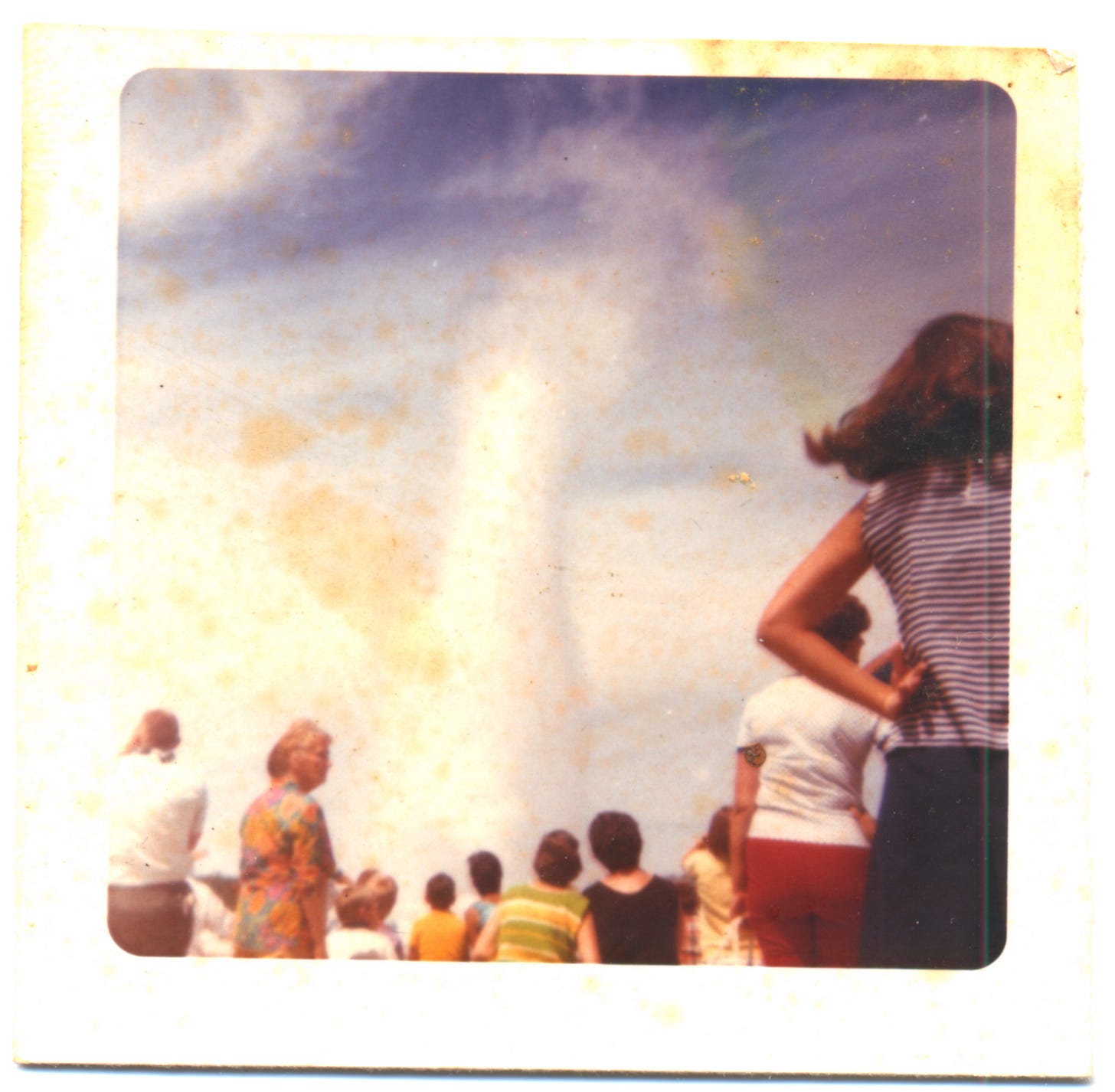
I want to thank
whose memories of her grandmother and mother and her letters about her own farm flickered in and out of my mind while I wrote this song. Her family has seen fires and floods, and her ancestors barely escaped Latvia with their lives. She keeps her grandmother’s sewing machine turning and gathering. reminds me each week to take my ideas and my memories to the page. It’s strangely easy for a writer to forget that writing is the way forward. Charlotte reminds me to find my notebook and my guitar and see it all through.It really is the case that having committed back in January to sending out songs and stories to you, at least once but usually twice a month, puts a fire under me. I do get in a panic sometimes. I wonder what you’ll think just as much as I would if I was on tour and standing up on stage in front of your with a new song. I look forward to your comments and replies if you have a chance to send one.
I always wish you the very best. So much of the news breaks our hearts. I am here, too, hoping that the menders among us have our role to play in bringing the broken pieces together each day, day by day, for good.
Your friend,
Jeni
The Power in the Blood
© Jeni Hankins, BMI, and Graham Frear, PRS, 2024
The road climbs and switches back,
you in your big straw hat,
shovel in hand, vines at your feet
make my picture of you complete.
Pieces of you inside of me
pictures of you down by the creek,
your apron, your belief,
stitching a home piece by piece
The power in the blood,
fire and flood were understood
frying pies and whipping cream
washing dresses in the stream
the holy spirit was never far
when that dress that became a star
with a thousand other parts
the patchwork family that we are
gathered in the arm of the sewing machine
stitched by women too tired to dream
of the fires and floods
and the power in the blood
Year by year your babies came,
held in the bible with their names
but we’ll never know the cost
of the first one soonest lost
You pulled the onions from the ground
wiped you brow and turned around
to biscuit dough and skillet grease
stitching that home piece by piece
On the back porch stringing beans,
your voice laughing and calling to me
now you rest beyond the hill
but you beat in this heart still
I dream beneath your dress
pawpaw’s shirt once starched and pressed
They guide me as I sleep
carry me home piece by pieceYou can read my latest article for Modern Daily Knitting about the Kimono exhibition at the V&A in Dundee, Scotland, here.
You can find me with my music and sewing plus my secondhand finds and doll and bear hospital on Facebook and Instagram nearly every day. I enjoy keeping in touch and making new friends there. You can always reach me by replying to this letter or commenting.
You can find my music on all of the usual streaming services and in my very own shop where you can hear and stream all of my songs and buy my albums – physical with booklets or digital.
You can find me on YouTube and you can also hear my former duo Jeni & Billy.
Tip jar tips for music and stories are always gratefully received on PayPal.
See you in October (that’s tomorrow!). The weather is getting very crisp here in England!
“There is Power in the Blood” written by Lewis E. Jones was a hymn we sang at the Friendly Chapel Church on Smith Ridge. I reference this song in the title of my own as a memory of that church singing as well as meaning literally family “blood,” descendants, and the inheritance of stories, ways of being, and traditions. You can hear the song on "Hee-Haw" by following this link. I know “Hee-Haw” is a culturally complex program, so I don’t reference it lightly, but theirs is the version closest to what I sang as a child.
You can hear a song and read a story about Mawmaw riding horses and selling butter by following this link.
I’ve been thinking about the lives of grown-ups so much lately because I’ve been reading Ducks, Newburyport by Lucy Ellman. I think the descriptions of the novel that I’ve found online just don’t get it right, so ignore those and read about fifty pages to see what you think. I’m on page 860 and I already know I will miss the narrator when I finish.




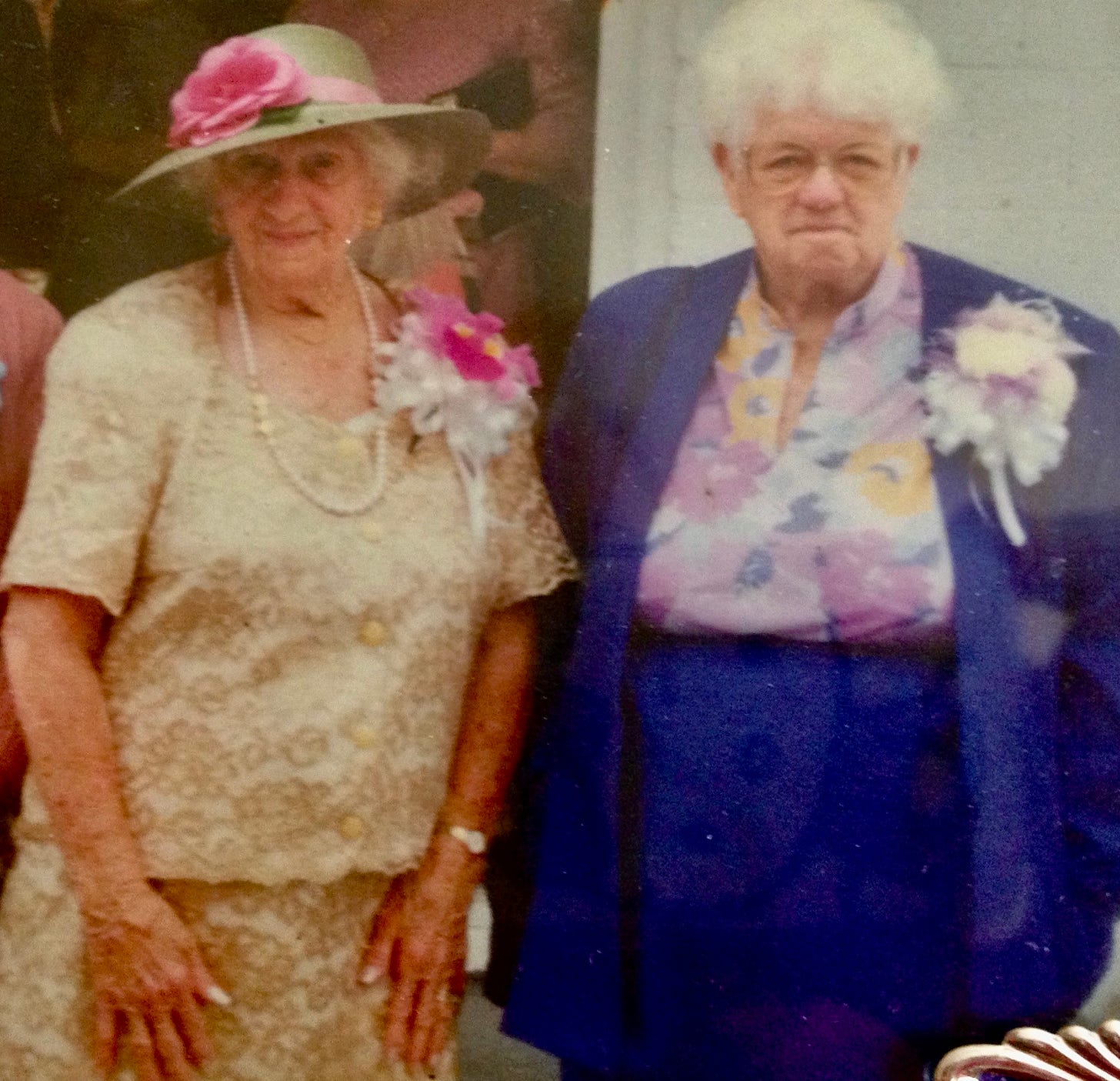
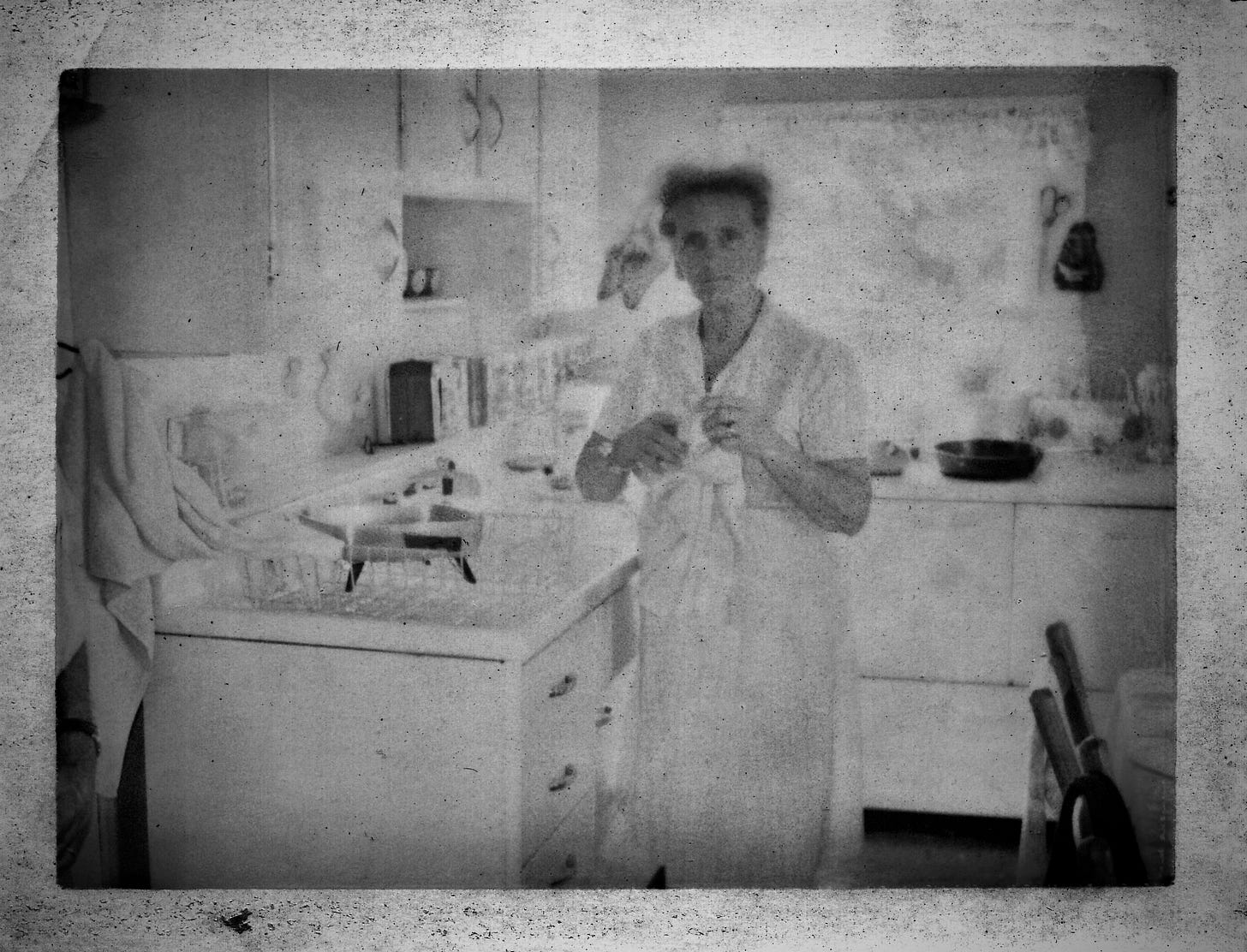

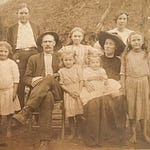

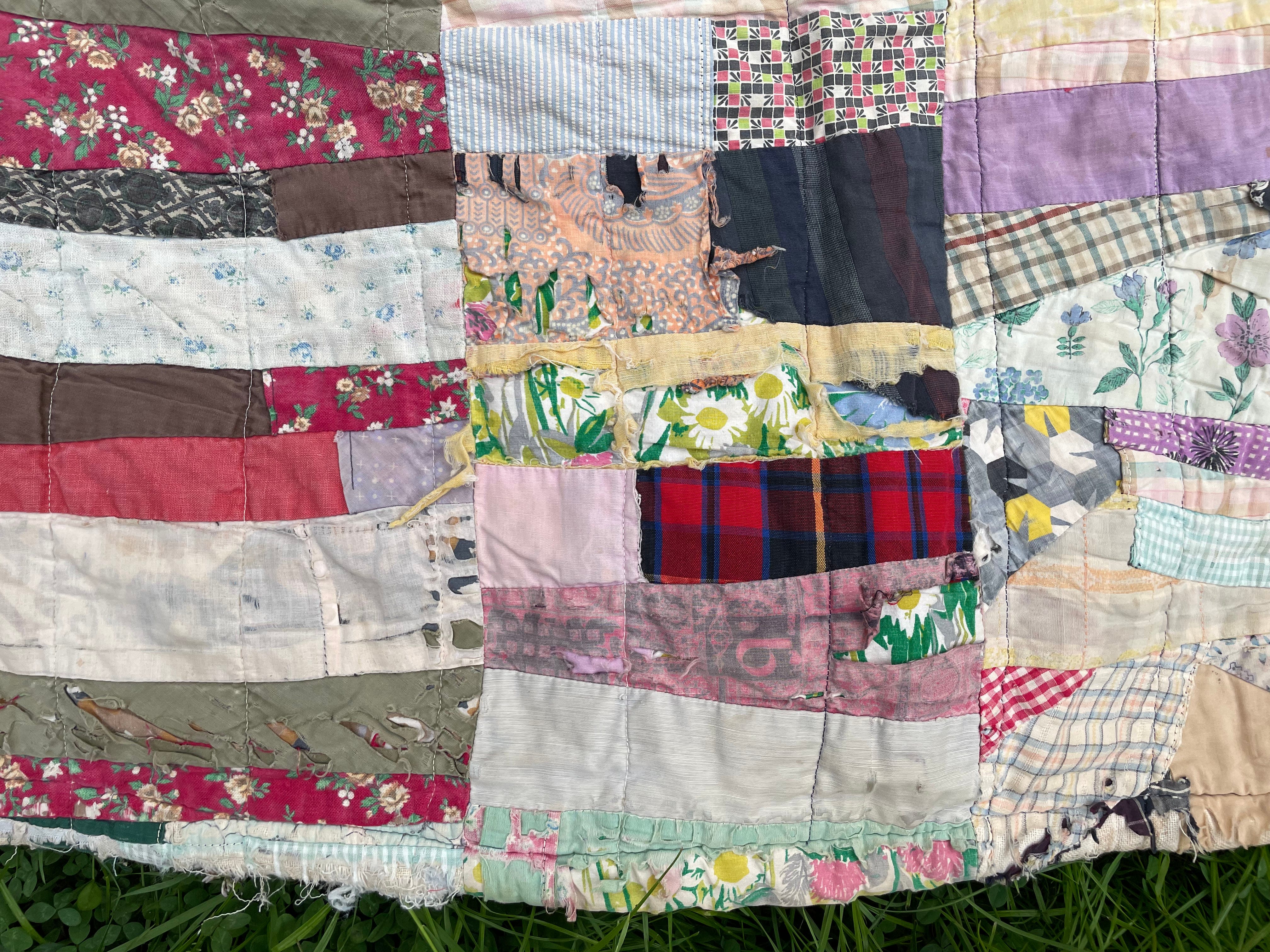

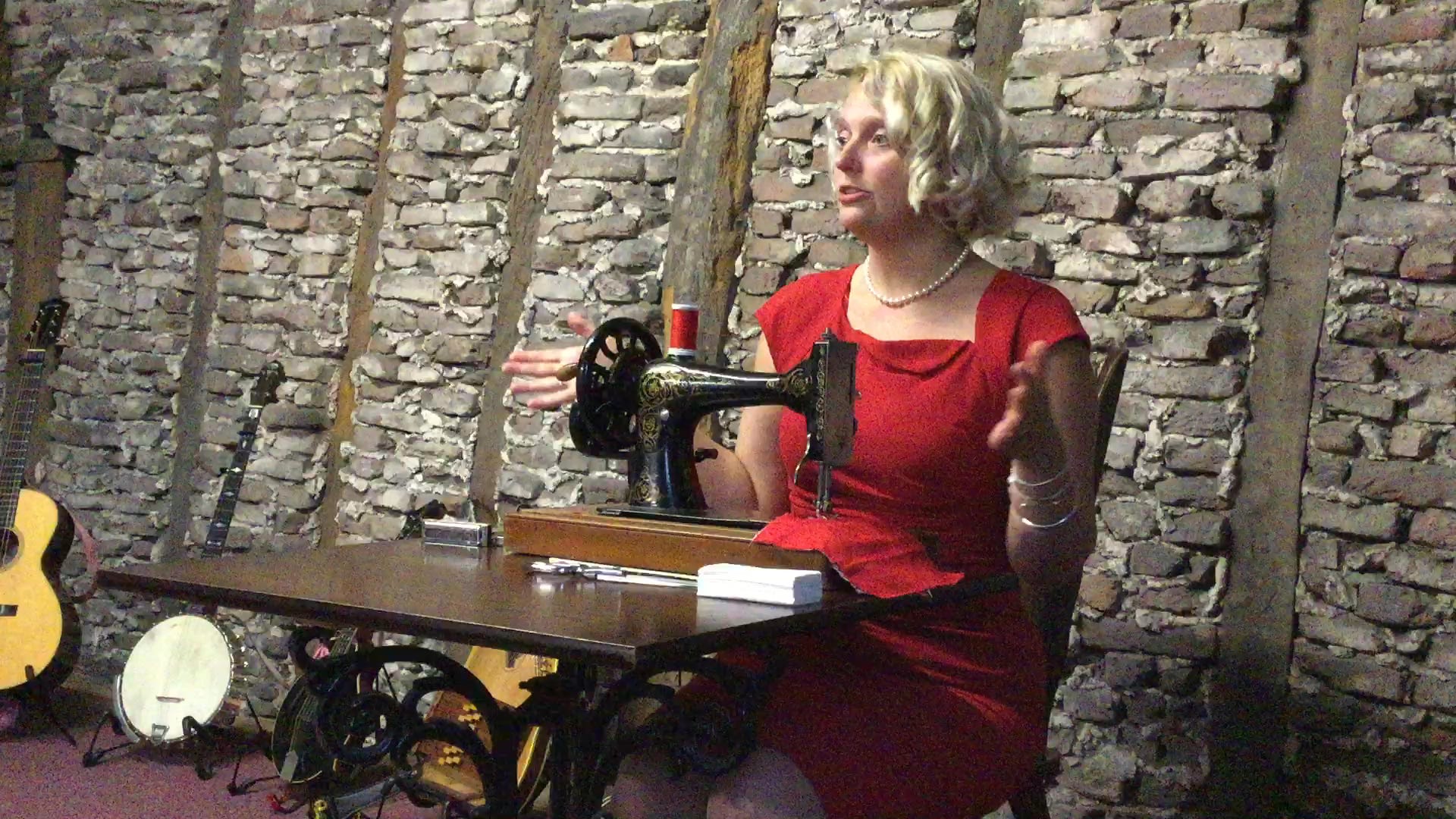

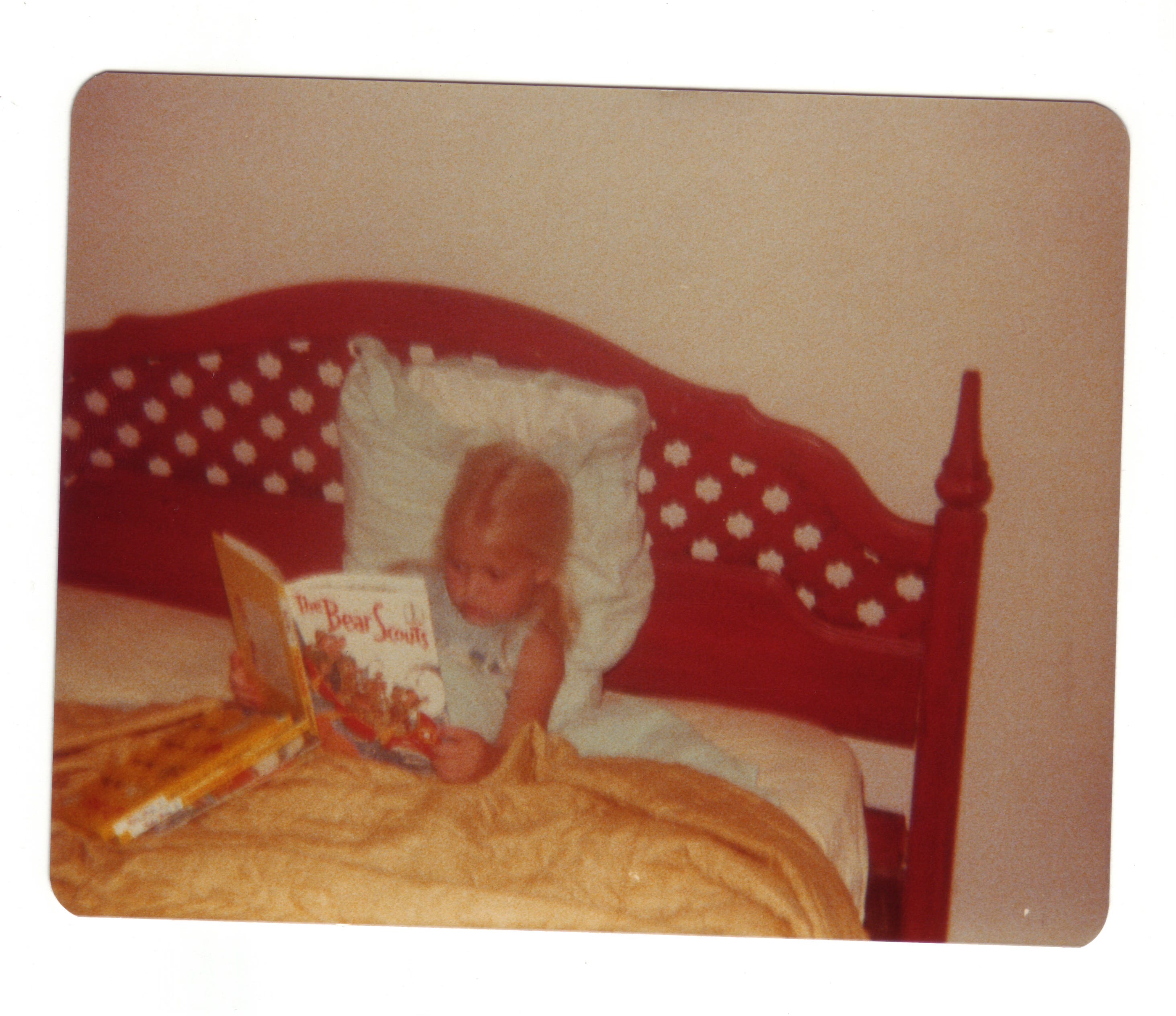
Share this post